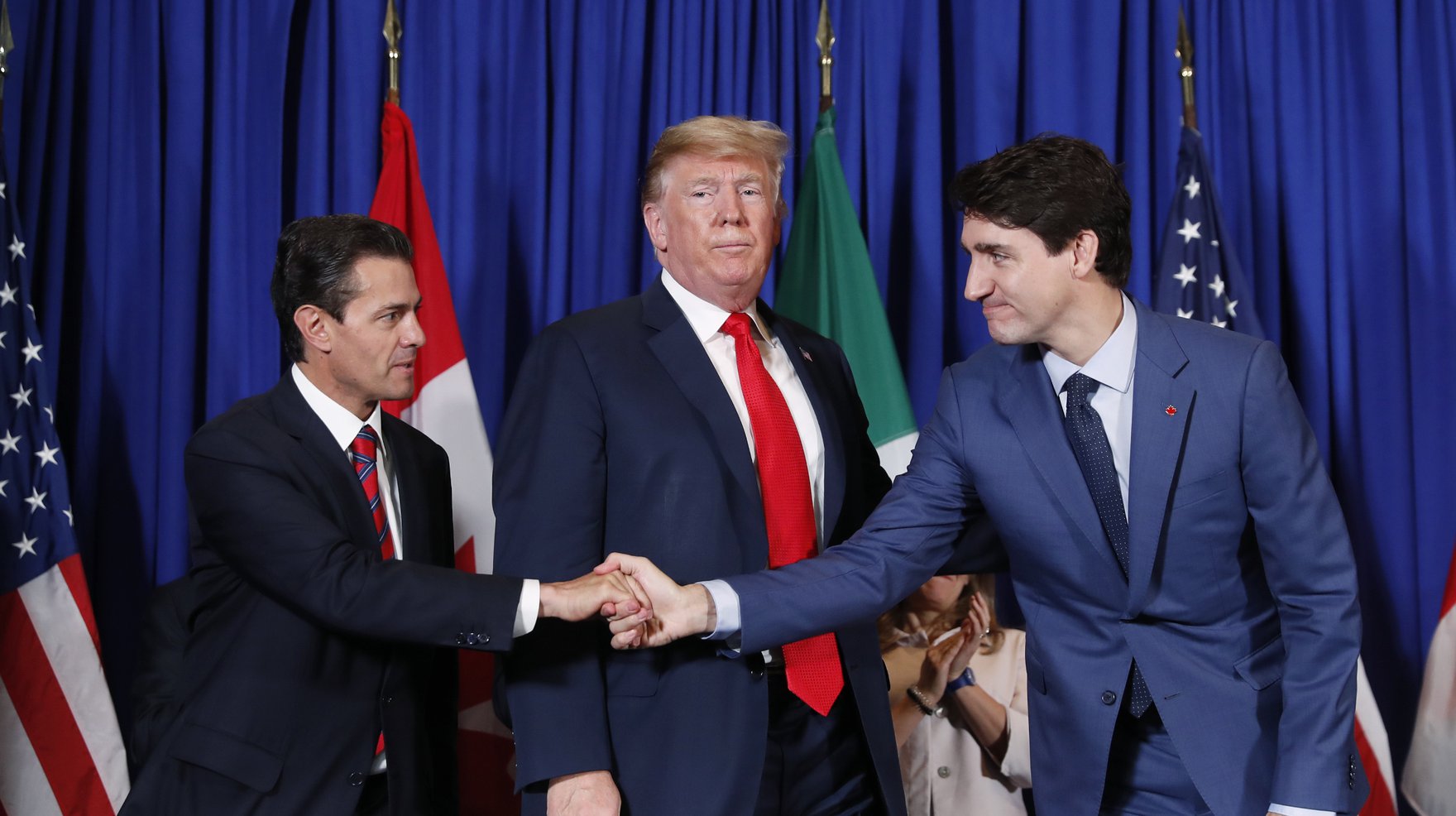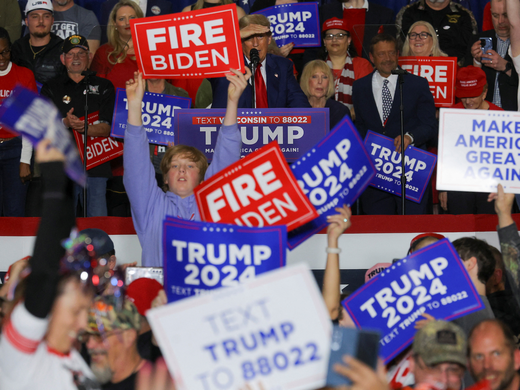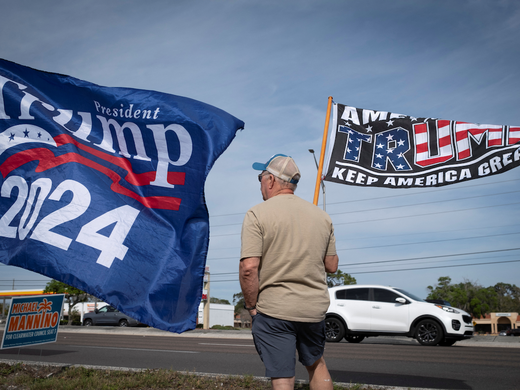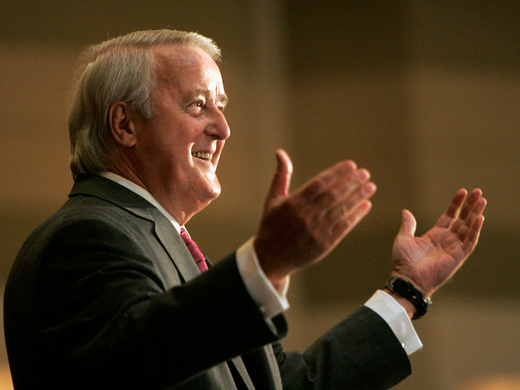The United States-Mexico-Canada Agreement (USMCA) – which will replace the North America Free Trade Agreement (NAFTA) – has largely been received with enthusiasm. U.S. President Donald Trump called it a “very, very good deal.” Former Mexican secretary of economy Ildefonso Guajardo said that Mr. Trump’s trade threats had "practically been defused” thanks to the agreement. Jesus Seade, who then-president-elect Andres Manuel Lopez Obrador appointed as his chief NAFTA negotiator, added that the agreement would bring certainty and stability to trade in North America.
The agreement was reason for Canada to celebrate, too, and it elicited at least a sigh of relief from other countries around the world, particularly those engaged in trade negotiations with the United States. There has been some sense of renewed hope that deals will bring the superpower back to our decades-long global trajectory toward an international system of trade rules, and rein in the worst protectionist impulses of Mr. Trump, whose zero-sum approach assumes that one country’s gain is another country’s loss.
But the USMCA does little to modernize or upgrade the 25-year-old NAFTA beyond what had been achieved in the Obama administration’s negotiations of the Trans-Pacific Partnership Agreement; in fact, it actually backtracks in important areas, such as in the automobile sector, where stricter rules of origin will reduce the competitiveness of North American industry. And with trade escalation with China, and the imposition of tariffs on Mexico (which, if Mr. Trump is to be believed, resulted in action on migration on the southern border), it is evident that, regardless of any trade agreements, new or old, Mr. Trump will continue to use the U.S.'s economic might and tariffs to push his policy objectives. And rather than being a pursuit of policy goals, it is far more likely that the reason is Mr. Trump’s hardened instinct for electoral gains.
The USMCA features plenty of other hints of Mr. Trump’s enduring anti-trade sentiment. Although many dismissed the change of name as innocuous, it is no coincidence that the word “free” was dropped from the title. But more importantly, in an exchange of side letters attached to the deal, Mexico and Canada recognized that the U.S. can impose tariffs on any products imported from Mexico or Canada for alleged national-security reasons. Although they also recognize both countries’ right to retaliate if the U.S. were to impose such tariffs, these letters clearly reflect a move in the opposite direction from free trade.
Signing the USMCA didn’t even really help Ottawa or Mexico City. The U.S. didn’t remove the 232 tariffs on steel and aluminum products that it had imposed on Mexico and Canada in May 2018 until a year later – after Mr. Trump had further escalated his trade war with China – in exchange for both countries removing the tariffs that each of them had imposed on U.S. goods in retaliation. And then it took only a few days for Mr. Trump to threaten, yet again, to levy tariffs not only on steel and aluminum products from Mexico, but on all goods imported from there, for reasons unconnected to trade: Mexico’s performance on stemming the northward flow of migrants. Mr. Trump appears to be pursuing his immigration-policy objectives to cater to his political base as the 2020 presidential elections draw nearer.
Even the migration deal that has since been struck between the U.S. and Mexico is no reason to celebrate, as Mr. Lopez Obrador did last week after claiming victory in the three-day long negotiations that prompted what Mr. Trump calls an “indefinite" suspension of the tariffs on all Mexican goods. Despite the optimism being expressed around the power of trade deals to nudge the U.S. back toward certain norms, we can be sure this will not be the end of Mr. Trump’s deployment of trade weaponry. Mexico, Canada and the rest of the world should heed the writing on the wall.
This article originally appear in The Globe and Mail.



